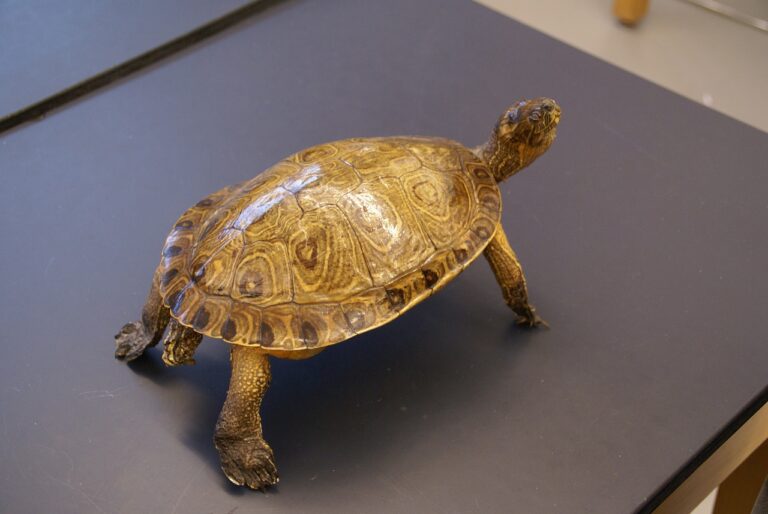Peer Tutoring Programs: Leveraging Student Expertise for Academic Support
Peer tutoring programs offer a unique learning experience for both tutors and tutees. Tutors can solidify their understanding of a subject by teaching it to someone else, enhancing their own knowledge in the process. This not only helps the tutor reinforce their own comprehension but also builds their communication and leadership skills as they explain concepts to their peers. On the other hand, tutees benefit from personalized attention and support from someone who has recently mastered the same material, leading to improved academic performance and confidence in their abilities.
Moreover, peer tutoring programs foster a sense of community and collaboration among students. By working together to achieve academic goals, participants develop stronger relationships and a supportive network within their educational environment. This collaborative approach promotes a positive atmosphere that encourages students to help one another succeed, creating a culture of academic excellence and mutual support within the school or university setting.
How Peer Tutoring Programs Work
Peer tutoring programs typically involve pairing students of similar grade levels who can benefit from academic support. One student, deemed the “peer tutor,” offers assistance to their classmate in a specific subject area where the tutee may be struggling. These programs are often facilitated by schools or educational institutions to provide additional resources for students who need extra help.
During peer tutoring sessions, the peer tutor will guide the tutee through concepts, help with homework assignments, and offer study tips. The interactions between the tutor and tutee are designed to be collaborative and supportive, fostering a positive learning environment. Through this one-on-one interaction, the peer tutor can cater to the specific needs of the tutee, providing personalized assistance and boosting their confidence in the subject matter.
Qualifications for Peer Tutors
Peer tutoring programs play a crucial role in enhancing academic success among students. To become a peer tutor, individuals should possess a solid understanding of the subject matter they will be tutoring. Proficiency in the specific academic area is essential to effectively assist their peers in grasping complex concepts and improving their overall performance.
In addition to subject knowledge, peer tutors should demonstrate strong communication skills. The ability to convey information clearly and concisely is vital in helping students comprehend challenging material. Moreover, patience and empathy are qualities that can greatly benefit peer tutors in building rapport with their peers and creating a supportive learning environment.
Possess solid understanding of subject matter
Proficiency in specific academic area
Strong communication skills
Ability to convey information clearly and concisely
Patience and empathy
Building rapport with peers
Creating a supportive learning environment
What are the key benefits of peer tutoring programs?
Peer tutoring programs offer personalized academic assistance, opportunities for building relationships and communication skills, increased confidence and motivation, and a sense of community within the school or university.
How do peer tutoring programs work?
Peer tutoring programs typically match students in need of academic support with peers who have excelled in the subject matter. Tutors provide one-on-one or small group assistance, helping students understand concepts, complete assignments, and prepare for exams.
What qualifications are required for peer tutors?
Peer tutors should have a strong understanding of the subject matter they are tutoring, excellent communication skills, empathy, patience, and the ability to adapt their teaching style to meet the needs of individual students. Additionally, they should be reliable, responsible, and committed to helping their peers succeed.







